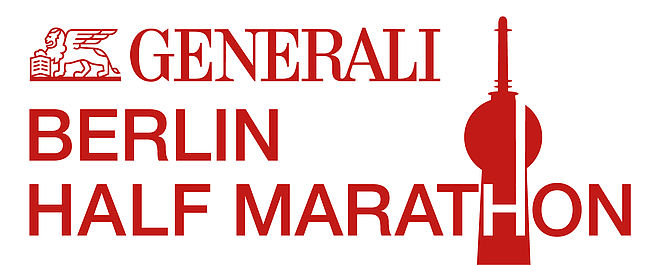Everything changes, everything stays the same. The real,- BERLIN-MARATHON on Sunday is the third leg of the inaugural series of the World Marathon Majors (WMM), the union of the top five 42.2 kilometre events around the globe. But, as usual, Berlin, like Boston and London earlier this year is likely to develop into a ‘local derby’ between the East African super-runners, the Kenyans and Ethiopians. The Kenyans have the upper hand (or should that be foot?) at the moment, having won both men’s and women’s races in Boston, with Robert Cheruyiot and Rita Jeptoo, and the men’s race in London, with Felix Limo. In both men’s races, Kenyans finished second too.
Sunday in the German capital promises to get back to normal with Kenyans and Ethiopians matching strides in both races. Track legend, Haile Gebrselassie of Ethiopia faces Kenyan Sammy Korir, second fastest man in history, with his 2hr 04min 56sec, a stride and a second behind colleague, Paul Tergat’s world record here three years ago. But the women’s race seems likely to follow the same scenario, with former track stars, Gete Wami of Ethiopia and Salina Kosgei of Kenya heading the field on the notoriously fast course, with four world records in the last nine years.
Wami has the edge in titles and times, having won the world 10,000 metres in Seville ’97, and an Olympic silver in Sydney 2000, along with a hatful of world cross country titles. Kosgei meanwhile made the unusual leap from an 800 metres fourth place in the 1994 edition of the Commonwealth Games, to winning the 10,000 metres, in her debut no less, in Manchester 2002. Both women ran their fastest marathons in their debuts, Wami winning Amsterdam ’02 in a national record of 2.22.19, while Kosgei won Paris ’04 in 2.24.32. But Kosgei had the edge in their only marathon confrontation, though neither was in great form, due to injury. The Kenyan ran fourth in New York ’05, in 2.25.30, with Wami in seventh, in 2.27.40.
Both claim to be in optimum form for Sunday, and were in equally good form at yesterday’s press conference. East Africans rarely buy into the politics of confrontation, no matter how much we hacks (and sponsors) might wish it, Wami saying they respected each other off the track, while Kosgei said, “We fight in the race, then are friends again afterwards”. Wami says she would like to think she could do under 2.20 here, and retrieve her national record from Berhane Adere, who ran 2.21.52 in London in April. “If she does that, I’ll try to go with her,” said Kosgei, “depending on the conditions”. They are expected to be warm, with temperatures rising up to 25C (77F) by midday Sunday.
The only point of contention came over their reactions to childbirth. Wami, 31, had her first child, Eva three years ago, while Kosgei, 29, has two children, Bill, aged 10, and Ruth, five. Conventional wisdom, and much personal anecdote, has it that women get stronger after childbirth, either thanks to the chemical changes their bodies undergo, or the simple fact that, compared to labour, long distance running just ain’t that hard anymore. Kosgei certainly concurs, saying, “After both my children’s births, I ran really fast”. Wami seems to be the sole dissenter. “My legs felt very weak after the birth of my baby. I think that’s why I got so many leg injuries afterwards”.
Three of the seven women who have run sub-2.20 have done so in Berlin, with 2004 Olympic champion, Mizuki Noguchi the fastest, with her 2.19.12 last year. Noguchi had to pull out of this year’s race with injury a month ago. And if there is maybe a pointer to Kosgei edging this year’s race, it’s that her training partner, Rita Jeptoo won Boston earlier this year.


